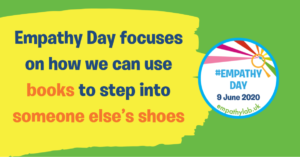Today’s message comes from Rachel Greenhalgh, our Chair of Governors…
Since the government announced that schools should make preparations to open more widely, our governing body has been working closely with the school leaders to ensure how and when this could happen in the safest way possible for all.
This has been a huge undertaking. School leaders and governors have been keeping abreast of the relevant government information, which extends to 29 guidance documents or announcements and 94 guidance updates published by the Department for Education since the start of the Covid-19 crisis (source: Schools Week), along with additional information from the Local Authority and other sources. Full risk assessments have taken place and were brought to the governing body for discussion, consideration and approval, alongside the proposed practical arrangements for children returning to school and those remaining at home.
The safety of all our children, staff and the wider community has been paramount in all our decision making. Last week, our schools, like many across England, began to welcome more children through our doors. The governing body continues to monitor and review the safety of children and staff in school as we steadily increase the number of children attending, through regular discussion of the risk assessments and plans with school leaders, and communicating any updates to you. For example, we have asked school leaders to reinforce the message about social distancing and other Covid-19 safeguarding priorities.
At the same time, we are conscious that there are still many of our children at home, and there is huge uncertainty about when it will be possible for all children to be back to school. Providing and signposting home-learning for these children also remains a priority, and we continue to ask about the provision for children at home and support available for parents / carers in facilitating this.
We would like to thank you for your continuous support. We are extremely proud of our children and staff and how you have helped and encouraged them to stay happy and healthy during this difficult time.
Look out for tomorrow’s message, which comes from Miss Beatson, the Head of School at St James’ CE Primary.

